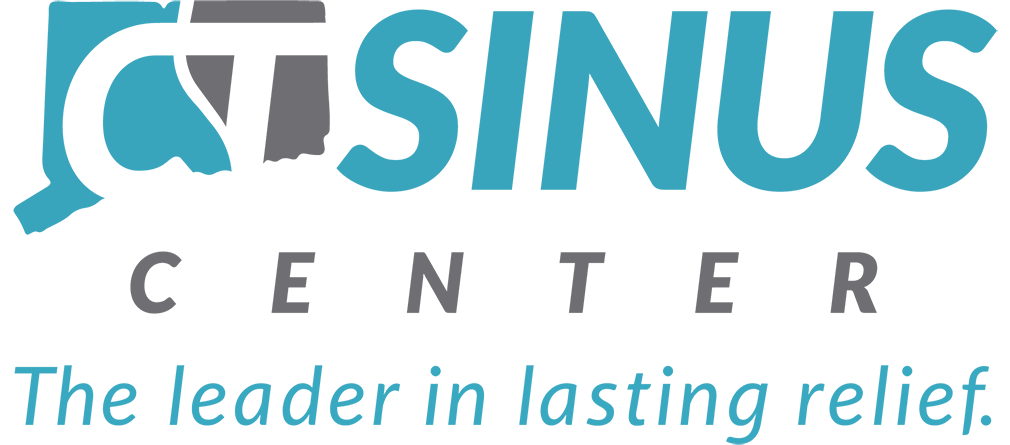Dysphagia is a condition in which a person has difficulty swallowing food or liquid. Of course, we’ve all had a hard time swallowing something, especially if we didn’t like it, or coughed when our food “went down the wrong pipe,” but persistent dysphagia can be a sign of a serious disorder of the throat or esophagus. The condition is most often seen in the elderly or in people with a neurological disorder.
A person suffering from dysphagia will feel either like she or he cannot control the muscles in the throat necessary to make the food/liquid go down or that something is actually blocking the food/liquid from going down. In addition to physical ailments, the condition may have social manifestations as well. For example, a sufferer may no longer want to dine with friends and family, either at home or out, feeling embarrassed at how long it takes to eat or the coughing that occurs after every couple of bites. The sufferer may also stop enjoying meals that she or he once enjoyed. As you can imagine, the problem can be frustrating and frightening, and if left alone, can lead to malnutrition, extreme weight loss, and dehydration.
Some of the most common symptoms of dysphagia are:
- coughing or choking
- pain when swallowing
- inability to swallow
- drooling
- regurgitation
- the feeling of having food stuck in the throat or chest
There are many possible causes of dysphagia, and when you make an appointment at our sister branch, Westwood Ear, Nose and Throat, one of our knowledgeable physicians will sit down with you and thoroughly discuss your history with the problem. He will then complete a series of non-invasive swallowing tests called Fiber Optic Endoscopic Evaluation of Swallowing, or Flexible Endoscopic Evaluation of Swallowing with Sensory Testing, in order to assess the functions of the back of the tongue, throat, and larynx. Depending on your particular symptoms, the doctor may also examine the esophagus.
Once a diagnosis is made, the condition can be treated in a number of different ways with medicine, muscle relaxers, antacids, exercises, and/or dietary and lifestyle changes. In severe cases, a surgery called myotomy, which stretches or dilates the constricted part of the throat or esophagus, may be performed.
However, no matter the severity of your dysphagia or the extent of treatment needed, the expert physicians and facilities at our sister branch Westwood Ears, Nose and Throat offer a relief that is just a phone call away. For more information on diagnostic procedures or to book an appointment, call (888) 230-3715. Don’t let dysphagia prevent you or a loved one from living life to the fullest.



